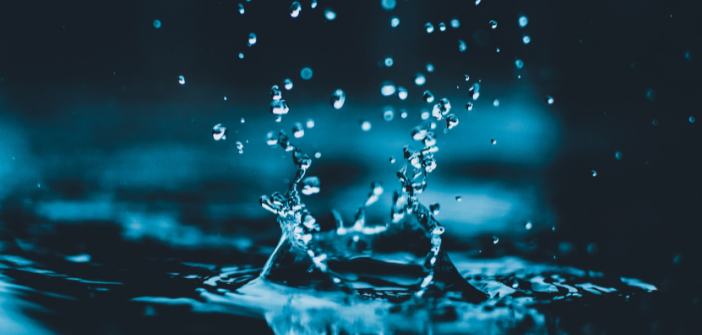To preserve health and enjoy a healthier home, water must be properly channeled whether it be in sinks, glasses, basins, or showers. However, it is important to adopt practices for better daily maintenance. There are various permanent technical solutions to improve the quality of water in your home.
Better Treating Lime Scale
While lime scale is less dangerous for health, it still has harmful effects on household appliances such as dishwashers and tap heads. During its use, water with too much lime scale produces limescale build-up that will clog faucets or pipes.
To effectively combat water with too much lime scale, we advise you to install a water softener upstream of the domestic water system. The role of this device is to remove magnesium and calcium from the water and replace them with sodium. As it passes through the resin, magnesium and calcium ions are retained by the resin, which releases sodium ions. When the resin is saturated with calcium, it must be recharged with sodium using very salty water. To effectively tackle lime scale, feel free to prioritize the Merus Ring, a genuine approach to purifying water in your circuits.
Cleaning Heating Circuits
For good hygiene, the water in heating circuits also deserves to be purified. Otherwise, it can negatively affect the efficiency of the heating system by impacting the circulation of hot water in the various dedicated circuits. In this regard, it is advisable to contact a professional plumber who can offer you a customized service accompanied by usage advice.
Purifying Drinking and Food Water
There are many devices in the form of filter jugs for better treating drinking water. To improve kitchen or bath water, you can equip your plumbing system with fixed filters. A less costly solution in the long term, a fixed cartridge filter system is the ideal option for making some savings.
Furthermore, with a reverse osmosis system, you can filter water for consumption by eliminating nitrates as well as other undesirable elements.
Effectively Treating Recovered Rainwater
From simple above-ground plastic collectors to sophisticated underground tanks, the options for collecting water are numerous. However, you should pay particular attention to how it is used. You are free to use it to wash the car or water lawns and plants. However, inside your home, collected water, which is tightly regulated, should be used for floor cleaning and flushing toilets.
Although it is also allowed for washing clothes, this use is conditioned by installing suitable treatment systems. In any case, make sure the systems intended for this type of water are clearly identified. Also, ensure that taps are equipped with a locking system, as this water is supposed to be non-drinkable for consumption.
On the other hand, we advise against using rainwater inside your home if the roof’s drainage contains lead or asbestos cement.


